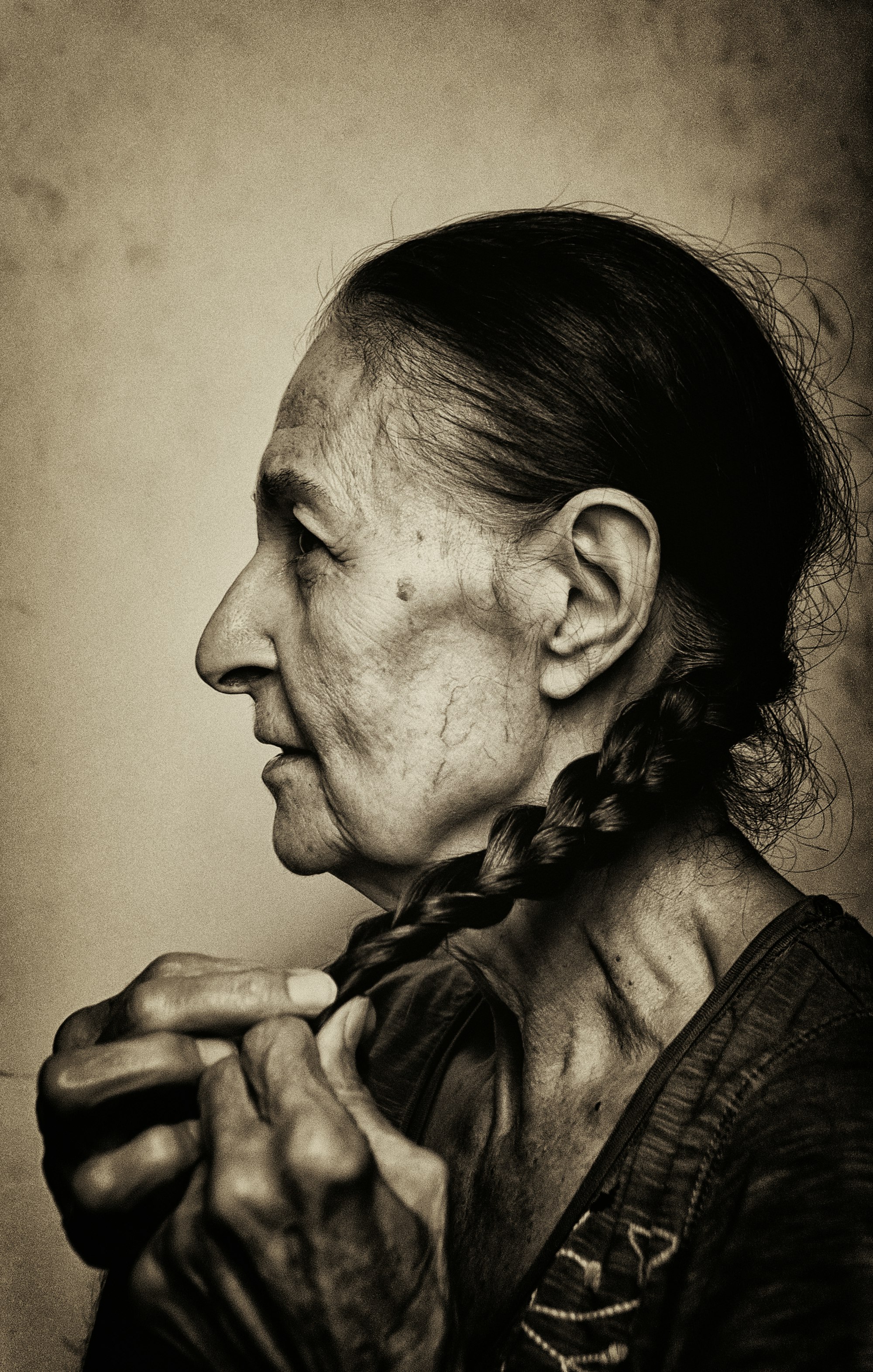
A pretty good list about how to get there, and get there both well and vibrantly
So you wanna live to be a hundred? Sure you do. Okay, maybe not you but most of us would like to hang out a goodly long time. The problem is that when we say that, what's implied is that we want to reach a hundred in the same condition we were at, say, thirty. Unless of course you and your body are already in serious decline, which is very much the case with more of us than we want to admit.
In this piece I'm going to give you that main article and then tease out a few pieces worth discussing, at least from my standpoint. Let's get started.
Here's that article:
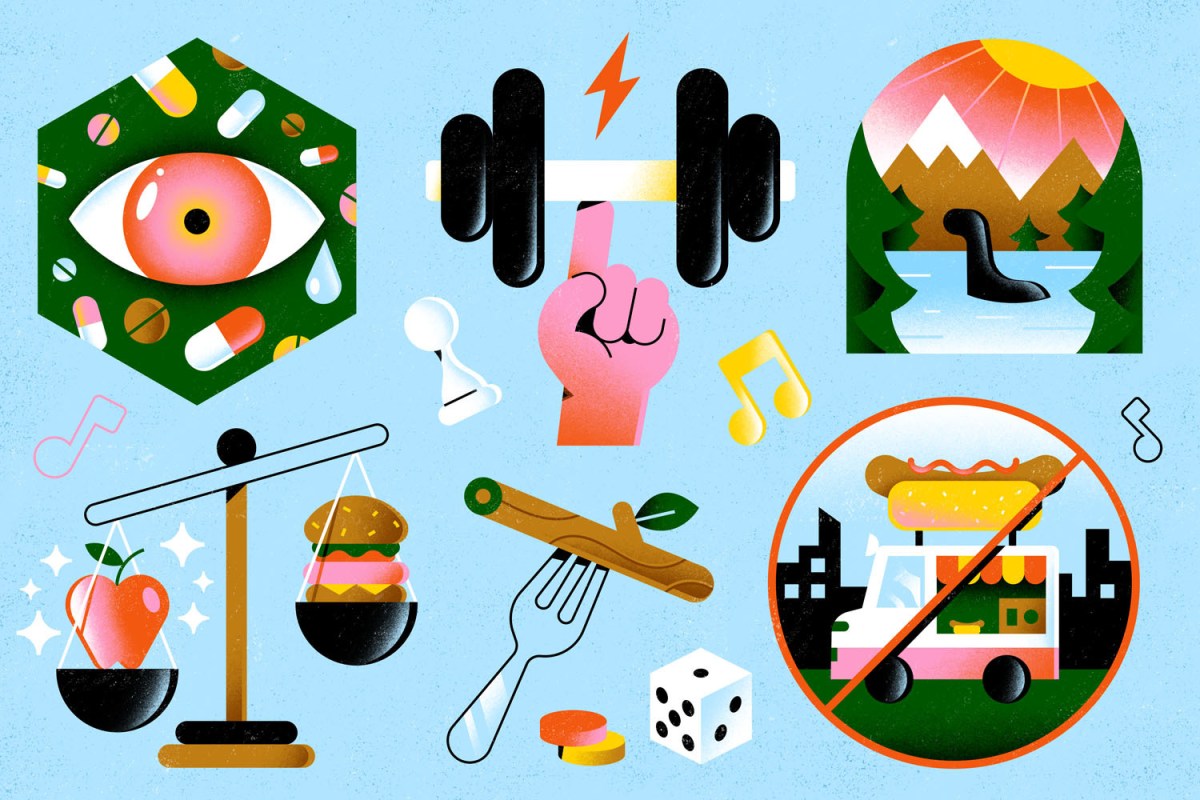
Okay, okay, okay. Not all of this I agree with, but still. This article affirms not only most of what I already know and write about, but also underscores that data. That's why I want to share it, but with a few provisos based on other information I've read. I will give you the doglegs which I've found to be informative. You most certainly don't have to agree; but the changes I've made since I was 31 some 37 years ago sure as hell paid off for me. In fact, I align with most everything on this list, but there are several items I could do better, and a few that I don't support. I'll get to that in a sec. There's a lot here, you might want to take it in small bites.
If you read anything about the aging process, and I certainly do because that's my lane, then you know that long life doesn't necessarily translate to a happy long life. The two can happen together, but if our bodies and brains are in crap shape, that's not a fun way to finish out our existence.
Longevity has been taking a nasty hit lately largely due to Covid and opioid overdoses. However the perfect storm of extreme stress, bad lifestyle habits and much more threaten to take many more years off our lives in the coming decades. Not just that: lousy habits earlier in life set us up to start developing dementia in our thirties.
Don't believe me? See this:

This is scary stuff. We used to really be able to believe, not without good cause, that we could skate on our relative youth until forty. That was my generation. That's a lotta years and a great many Krispy Kremes ago. This is just one of many reasons I bang this drum so hard.
However, let's get to the list of One Hundred Things You and I Can Do To Get to One Hundred.
The author starts with food. As I write this, to my left is a huge salad bowl full of romaine, carrot, sweet peppers, celery, blueberries and cashew nuts and a full-fat dressing. My protein was a salmon patty. That ticks a lot of the categories, but I could still do better. Breakfast was oatmeal with walnuts, banana, blueberries, a dash of cream and butter. Yeah, butter.
The part on dairy, for example. To that, here's one way to see gooey cheese and creamy milk and butter:
:extract_focal()/https%3A%2F%2Fpocket-syndicated-images.s3.amazonaws.com%2Farticles%2F4539%2F1591110964_ezgif.com-webp-to-jpg35.jpg)
Butter gets vilifed in the One Hundred list, and I categorically disagree. There are tons of health benefits of butter, so long as you don't overdo it. While the article rightfully sings the praises of extra virgin olive oil, small amounts of butter also have superb benefits. Don't buy that? Try this:
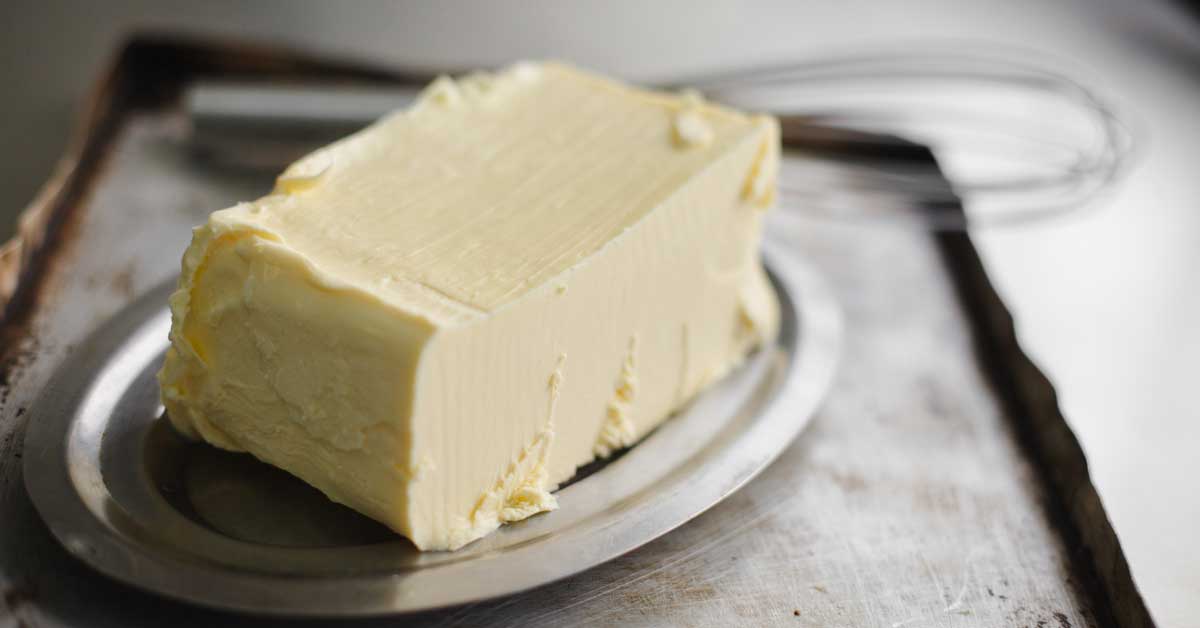
You may not like dairy, and you may find the production of dairy repugnant with which I would heartily agree, but that doesn't mean butter is bad. That lie came to us from the Dark Ages of Nutrition, about the time Big Farms influenced Congress to put umpteen servings of breads and grains as THE most important foods. We now know that fats are critical to the body. The problem is the right ones, and processed foods have all the wrong ones. That's another story.
With one proviso. If your label says palm oil, put it back. Not only is that bad for you, we are saying goodbye to millions of acres of rainforest and killing off tons of species for that oil. Nuff said. Truly, if your food comes in a package, put it back. That is unless you're buying a package of apples in cellophane, which makes little sense, or you happen to live in countries which do that. If you have doubts, please see this:
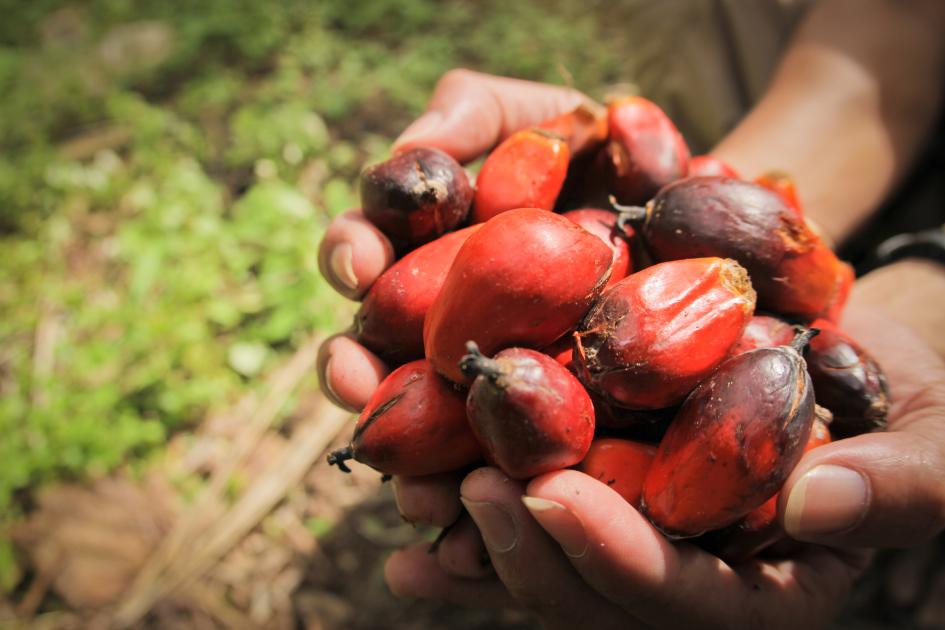
Eating is all about educating ourselves, and not going stupid with fads with fancy names like "optimization," which is Silicon Valley Speak for anorexia. Don't get me started.
But I will share this piece with you. As I said at the beginning our daily habits are lethal. To that I just read a piece which spoke to the severe damage that ultra- processed food is doing to us, our brains, our kids and our futures. This is as unsettling as it gets. A doctor did an experiment on himself. Read what happened:
From that article:
He was having trouble sleeping and describes how he felt like he was hungover. He experienced irregular bowel movements, difficulties in performing sexually, he became moody and angry. When the month was over, Dr. Van Tulleken underwent a second round of tests. In the period of the experiment, he gained 6.5 Kg (more than 14 lbs), his body mass index and body fat percentage rose significantly. “Every aspect of my life was transformed. I became 15 years older in a month”, he told me.
and:
“This food is addictive, it’s very comparable to tobacco”, he said, “Part of the definition of ultra-processed food is not just about the mechanical and chemical processes it’s about the purpose of the process. and the purpose of this food is profit. That’s why it isn’t food. the purpose of food is nourishment. This is not food, it is just edible substances, it is not food”.
I don't bloody well CARE how good it tastes. I loved Oreos too. And Ritz. And hot dogs. I haven't eaten any for many, many years for good reason. You are eating brain-killing chemicals to which you and I are getting addicted. If that doesn't get your attention, honestly, stop reading right now. Because you cannot be helped.
For those willing to take a further look, let's go further:
This One Hundred article argues against what I've said about genes, at least in percentages. The author claims that genes suggest about 7% of how we end up. I have written that about 30% of our quality of life is based on genes, but I also lump in luck (bad, typically) accidents, poor judgement ( like walking off a cliff while taking a selfie) and other unpredictables. So, kinda, I stick by the 30% because genes really are a small part of the Shit Happens Equation, which allows for the fact that sometimes sheer bad luck gets in the way of magnificent genes.
Being young and beautiful doesn't last, and it doesn't keep us from being stupid. Rich doesn't either. If you eat crap, your brain goes to crap. Add to that sedentary habits and all the rest we have to deal with and there is no way you're making it to 100 with any kind of joie de vivre.
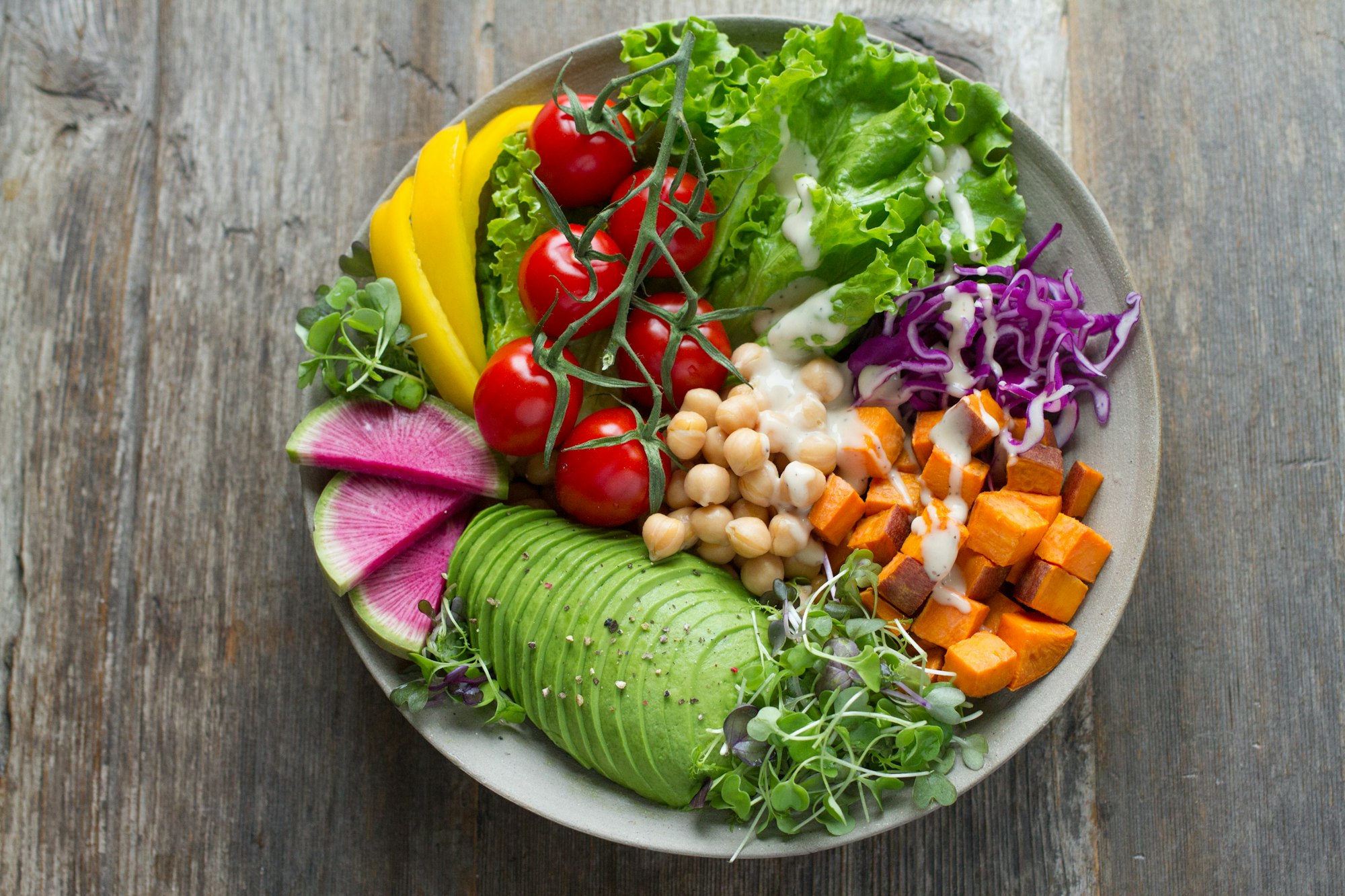
About that salad I just polished off. Boy have I been fooled. Bet you have, too. You know those handy-dandy bags of seemingly fresh salads? Nope.
I read a piece the other day about those bagged salads. It wasn't just that I've been hooked on their promise for years, I thought, DAMN man, this too? Turns out the author is correct. I researched the claims and she's spot on. Here is that piece:
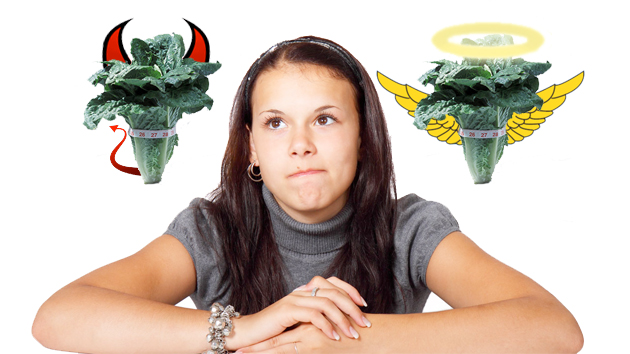
There's nothing "fresh" about it, and I admit to being bamboozled by convenience. We have farmer's markets here and I am going to go back to them. This is just solid advice.
From her article:
And what about that E. coli threat? Even in this age of triple washing and rigorous germ testing, should we still worry that our greens may harbor dangerous pathogens? A 2010 Consumer Reports investigation suggests that the answer is yes. Researchers tested 208 containers of greens from 16 different brands; while they didn’t find any of the big-name food-borne pathogens like E. coli or salmonella, they did turn up evidence of coliforms and enterococcus, “bacteria that are common indicators of poor sanitation and fecal contamination.” More than a third of the samples tested contained coliforms that surpassed levels deemed acceptable by food safety experts, and about a fifth had unacceptable levels of enterococcus. Just this past February, Salinas, Caliornia-based Taylor Fresh Foods, Inc. voluntarily recalled its prepackaged organic baby spinach in 36 states because of potential E. coli contamination. (Meanwhile, in cuter/weirder news, in 2011 a woman in Pasadena found a live frog in her Costco organic bagged greens, took him home, and named him Dave.)
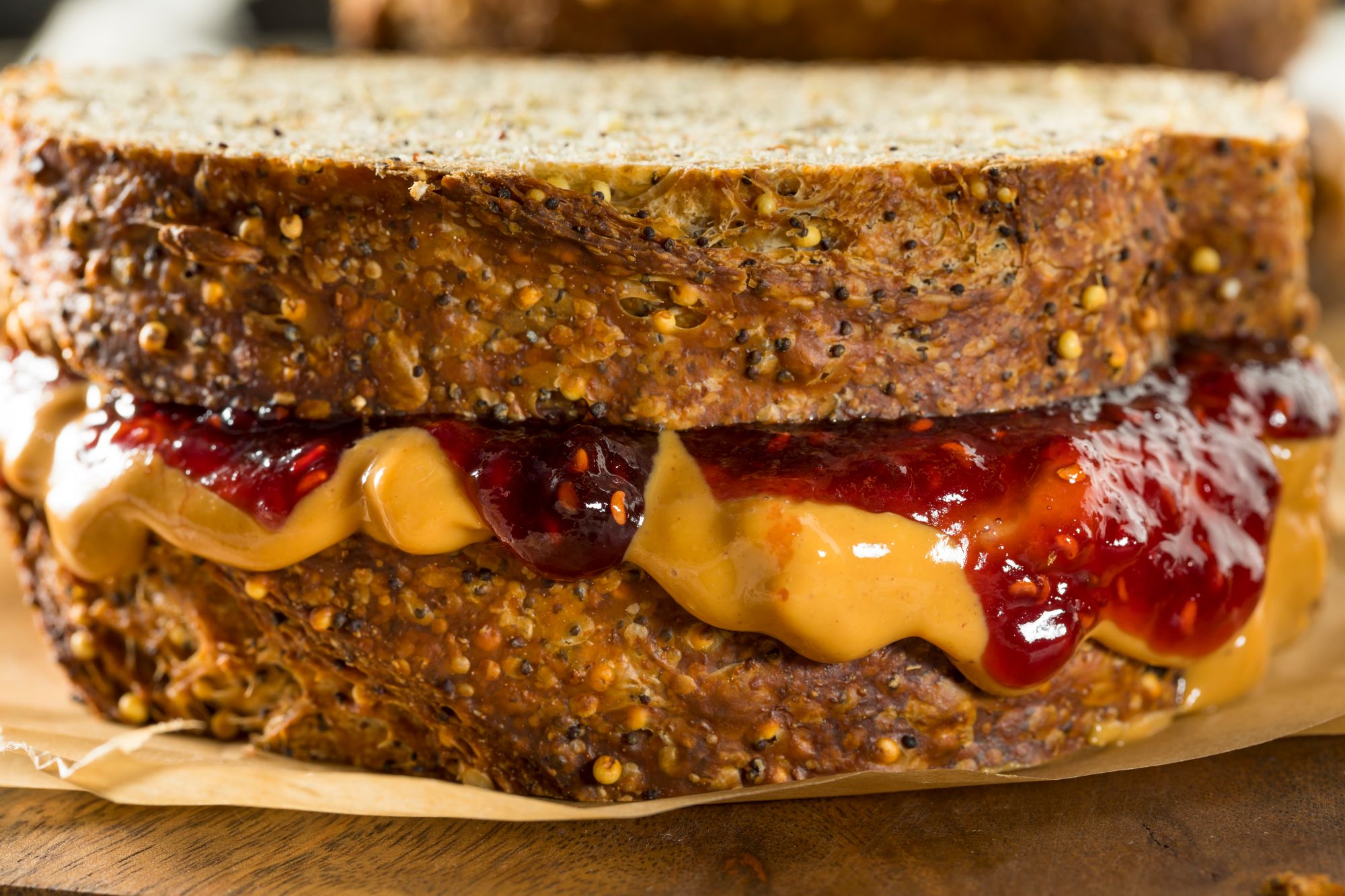
I also loved the argument FOR a solid peanut butter and jelly sammich. Look, those have been off my plate for years, but there is solid evidence that it's not all that bad, depending on ingredient quality. The author tags this research, which seems to indicate that they won't kill us if we pick our ingredients well. Which is a pretty good idea across the board.
Dude, who knew, right? Mom, that's who.
I also disagree with the red wine. You can get your reservratrol from red grapes. Too many friends argue that because red wine is so healthy (no alcohol is "healthy," please don't insult our intelligence) it justified overdoing it. If you must drink, and it seems to be the new national obsession, just control it. Duh, but people don't. This is why, but it is a losing argument:
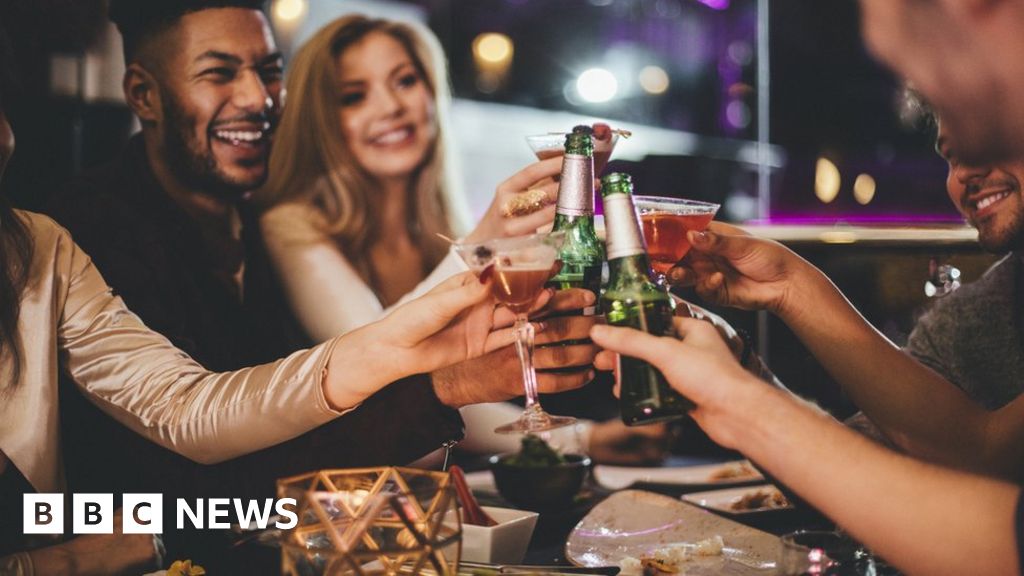
I lost two family members to booze, so I'm not a fan. However, I am in the minority here and there's too much money in the business. I will leave it to you to decide, as long as you don't push that bottle at me and get angry that I won't drink. My father did that. And it killed him. It's poison, and that's all there is to it.
But you enjoy yours, Sparky. The reason this gets my attention is the frightening spike in alcohol consumption and abuse under Covid. To that there's this:

It seems that every other sign at Home Goods is some kind of play on words about wine. Look. This is a personal choice, but there are limits to what our bodies can manage, with particularly bad outcomes for women. Just saying.
As if air and water pollution weren't enough, do we really need to pollute our bodies to the point where a serial killer sent us by Mother Nature in the form of Covid can pick us off at will?
Yet so many of us sat at home, ate junk, drank too much and stressed out unnecessarily.
Now you can legitimately argue, and I will absolutely agree with you, that it is damned hard for people of color to get decent nutrition and access to parks and places to play. without paying a very high price (as in their lives). No argument. But this isn't that article, and there are better folks to write about it than I can.
Then finally, movement and what not to do.
As you would expect, there's a long list of physical activities to do and to avoid. I won't go into them here, I have written about most plenty already. However, this much I do know. If you simply will not move, you will die far younger, most likely and in far worse shape. There is plenty of evidence which says that slightly more than eleven minutes a day of movement can pay off big time. Most of us CAN get our tushes in gear for that.
The article also includes a long list of not-to-dos, with which I agree wholeheartedly, ranging from skipping riding motorcycles (the odds are not with you) and check your shampoo labels. You can read them. The idea is that this laundry list is a smorgasbord. Pick and choose. I was delighted to find out that my lifestyle is already largely following perhaps 90+% of this list, which might be why I'm doing pretty well for 68.
But this piece of advice, to live on the ocean, well.

One thing it suggests, which is unfortunate and untimely, is live close to the coast. I can't speak for you, but that seems like a very bad plan given the rising sea levels. I don't argue the value of living close to water, but two things: cost, which is prohibitive, and the increasingly short shelf life for your seaside condo. Opt for a lake, a stream, or at least, driving distance, so when that coast rises, you can turn around and drive in the other direction.
I chose a hill, 90 minutes inland, close to the coast so that I could get there, but not on the coast. That's a compromise for a Florida girl, who loved the beach.
The way I read this, it's all about kindness to the body, the brain, the self. Live more like our Mother made us to live, cold every so often, hungry every so often, eating locally-grown and in-season foods in their natural state and without chemicals. And move much, out of joy.
And finally, the article references Blue Zones. With respect, that's been challenged. Please see this:
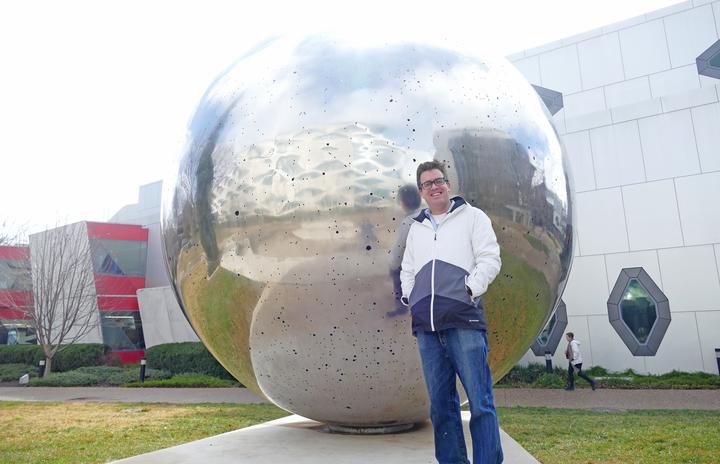
I'm not going to tell you that there isn't great value in replicating those eating and exercise habits, but it isn't wise to believe everything you read.
Including this article, and all the other articles I've listed here as my "doglegs."
What you might do instead is find what works for you. You'll know because you'll feel better, live better, have more energy, all those things that people all too often don't have right now.
Whether or not you and I live to 100 is nowhere near as important as the quality of that life.
So, you might want to start by tossing those bags of Oreos and heading over to the fresh produce aisle. For my part, I'll be at my farmer's market.
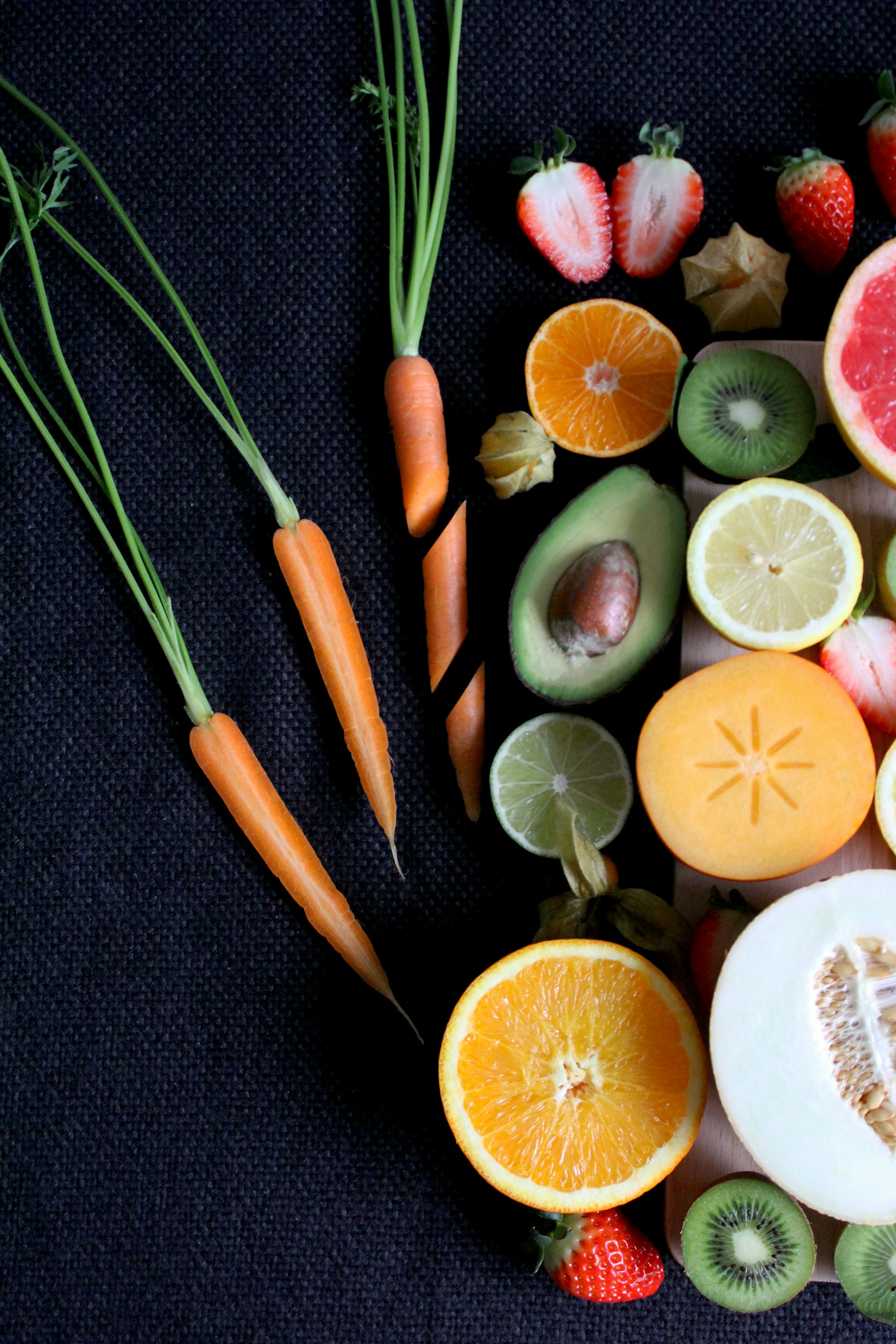








Comments powered by Talkyard.